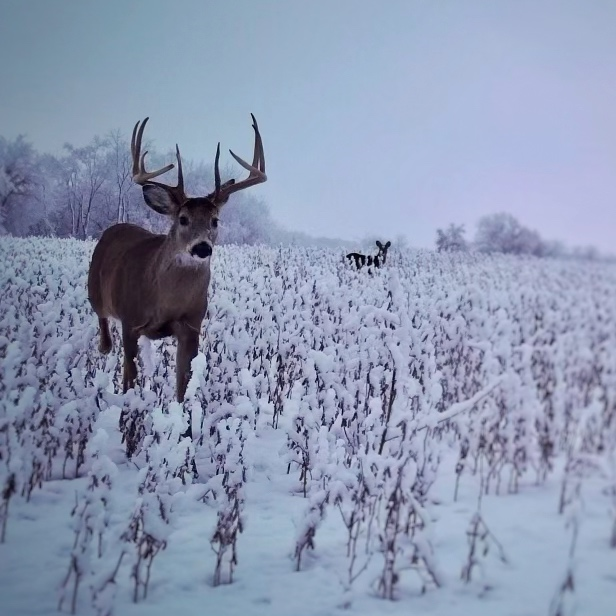In a world where environmental conservation and ethical considerations take center stage, the practice of hunting often finds itself under scrutiny. However, it is crucial to recognize that ethical hunting, when conducted responsibly, plays a vital role in wildlife conservation, population management, and maintaining a healthy ecosystem. This blog delves into the significance of ethical hunting in today's world, emphasizing responsible practices that contribute to the greater good.
WILDLIFE CONSERVATION
One of the primary contributions of ethical hunting is its role in wildlife conservation. Contrary to misconceptions, hunters are often staunch advocates for the preservation of natural habitats and the species they pursue. Through organizations and programs dedicated to conservation efforts, hunters actively participate in funding initiatives that protect and restore wildlife habitats, ensuring the continued existence of diverse ecosystems.
POPULATION MANAGEMENT
Ethical hunting serves as an effective tool for managing wildlife populations. Overpopulation of certain species can lead to imbalances within ecosystems, negatively impacting both flora and fauna. Through regulated hunting seasons and carefully established quotas, responsible hunters assist in controlling animal populations, preventing habitat degradation, and curbing the spread of diseases among wildlife populations. This delicate balance is essential for maintaining biodiversity and preventing ecological disruptions.
ECOSYSTEM BALANCE
Ecosystems are intricate webs of interdependence, where the survival of one species often relies on the health of others. Ethical hunting contributes to maintaining a balanced ecosystem by preventing the unchecked proliferation of certain species, which can lead to overgrazing, soil erosion, and disruption of natural food chains. Through thoughtful and regulated harvesting practices, hunters play a vital role in preserving the delicate equilibrium of the natural world.
THE ETHICAL CONSIDERATIONS
Fair ChaseA fundamental tenet of ethical hunting is the concept of fair chase, emphasizing the pursuit of game under conditions that give the animal a reasonable chance to escape. This principle ensures that hunting remains a challenging and respectful activity, rooted in the hunter's skills and knowledge of the environment. Fair chase fosters a deeper connection between the hunter and the natural world, promoting a sense of responsibility and stewardship.
Respect for Animal WelfareEthical hunters prioritize the humane treatment of animals. This involves using appropriate and well-maintained equipment to minimize suffering, as well as taking careful shots to ensure a swift and ethical kill. Hunters who value animal welfare are committed to making every effort to track and retrieve their prey, ensuring that no animal goes to waste and that the entire process is conducted with the utmost respect for the life taken.
Sustainable HarvestingSustainability is at the core of ethical hunting practices. Responsible hunters understand the importance of maintaining healthy and viable populations of game species to ensure the long-term availability of hunting opportunities. They adhere to hunting regulations, support conservation initiatives, and actively engage in practices that promote the sustainability of both the species and their habitats.
CONCLUSION
In conclusion, ethical hunting is not only compatible with the principles of environmental conservation but is also an essential component of responsible wildlife management. By embracing fair chase, prioritizing animal welfare, and practicing sustainable harvesting, hunters contribute significantly to the preservation of biodiversity and the delicate balance of our ecosystems. In an era where the importance of coexistence with nature is increasingly recognized, ethical hunting stands as a testament to the harmonious relationship between humanity and the natural world, fostering a deep respect for both.

